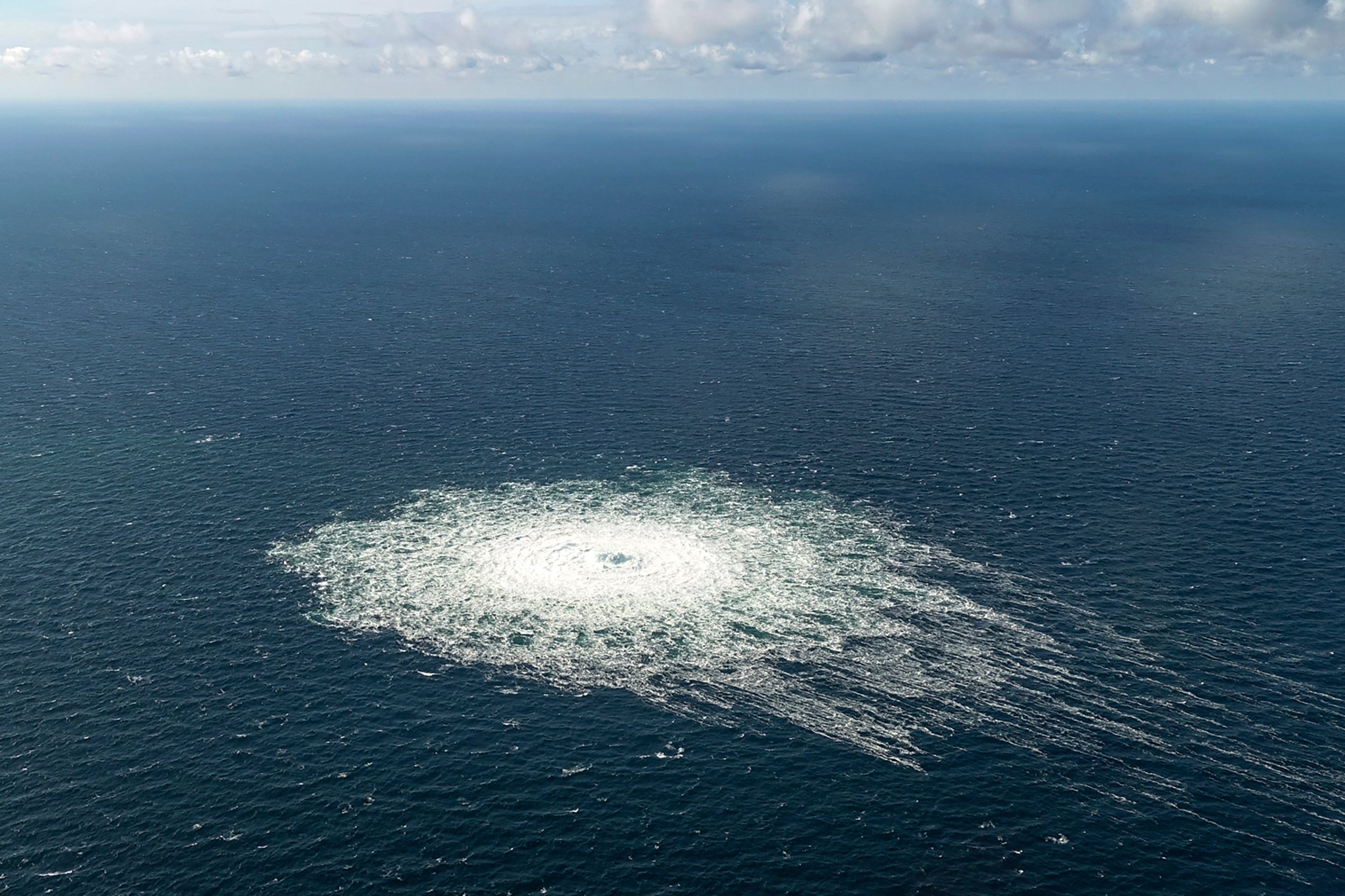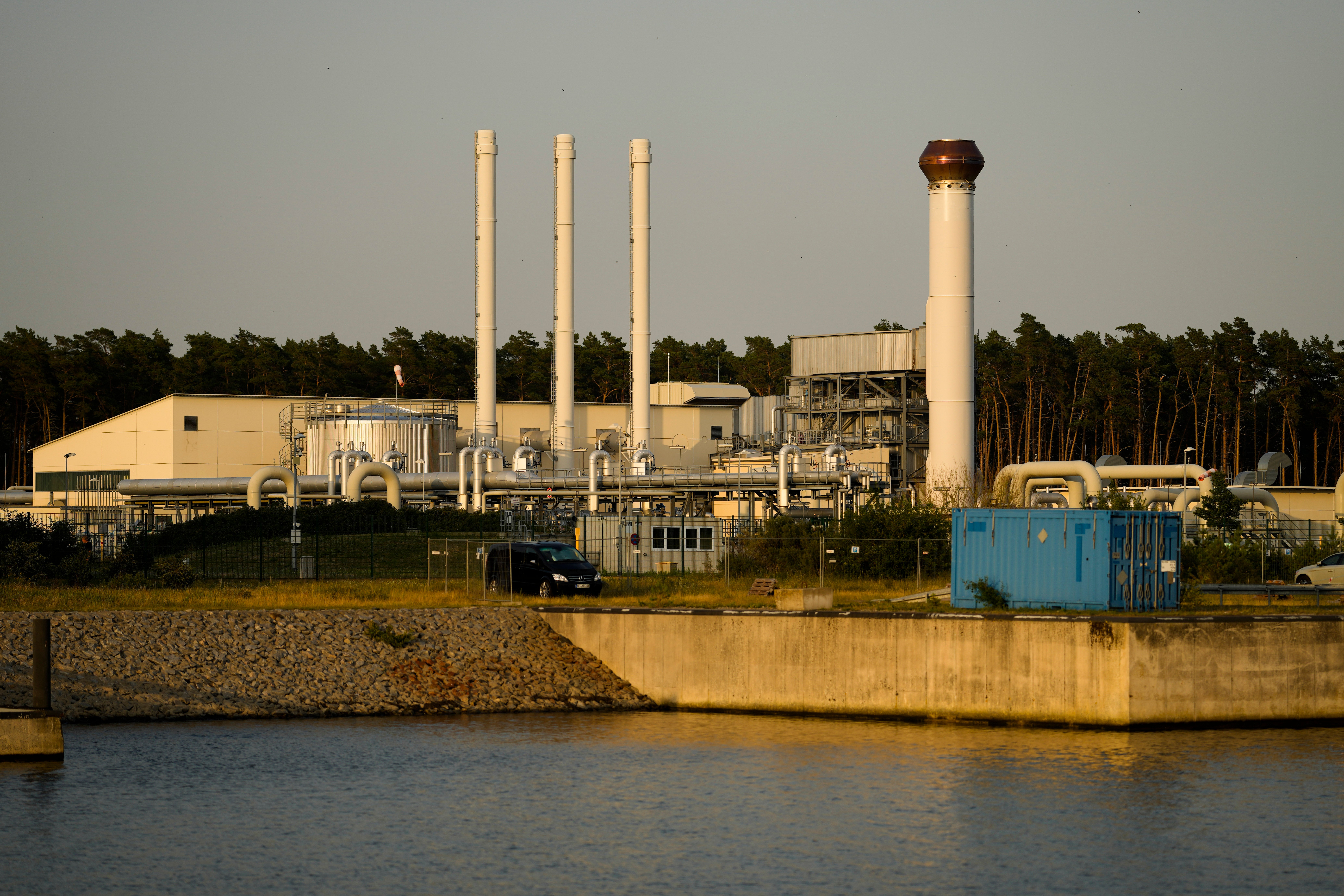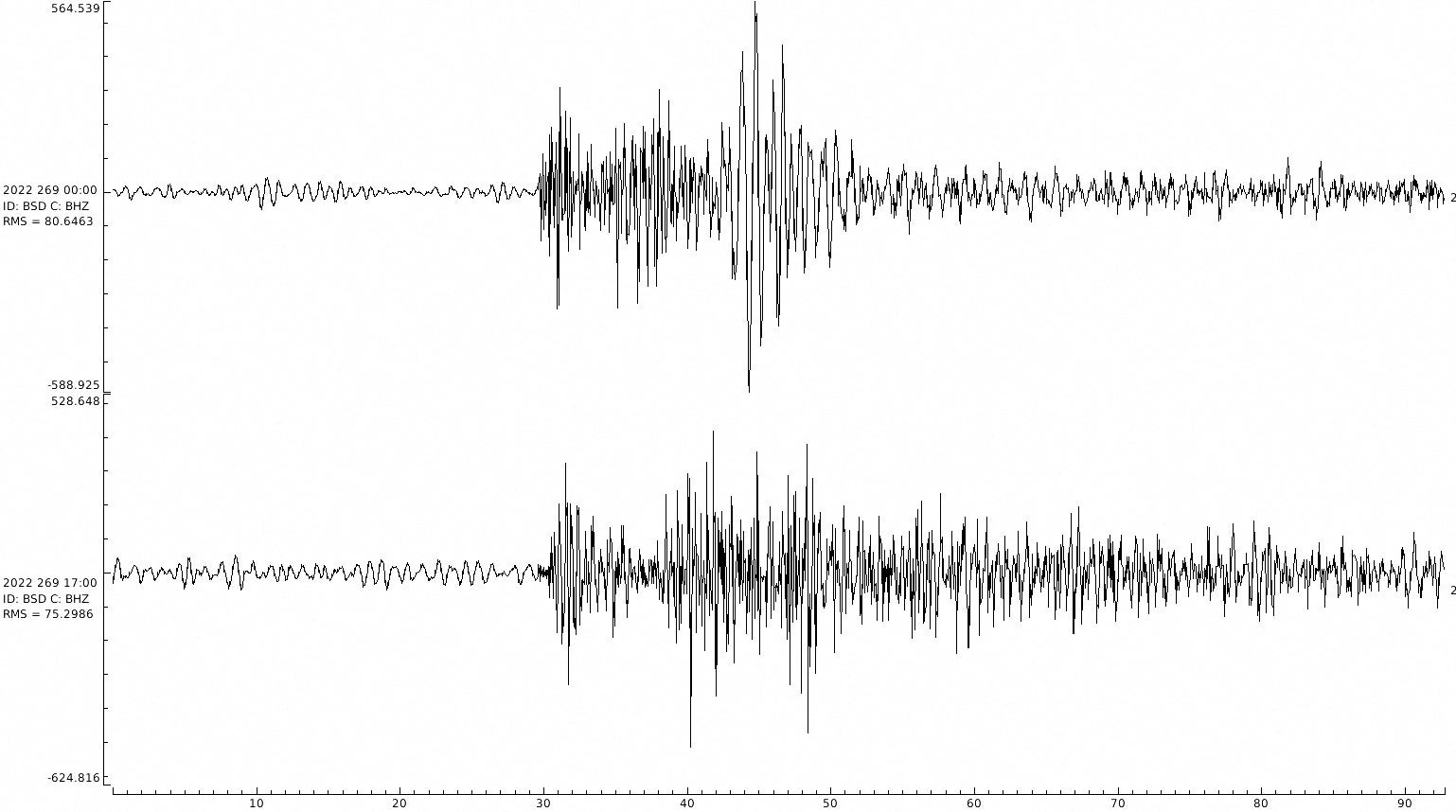Europe suspects Russia behind gas blasts as Moscow blames ‘international terrorism’
EU chief promises ‘robust and united response’
Your support helps us to tell the story
From reproductive rights to climate change to Big Tech, The Independent is on the ground when the story is developing. Whether it's investigating the financials of Elon Musk's pro-Trump PAC or producing our latest documentary, 'The A Word', which shines a light on the American women fighting for reproductive rights, we know how important it is to parse out the facts from the messaging.
At such a critical moment in US history, we need reporters on the ground. Your donation allows us to keep sending journalists to speak to both sides of the story.
The Independent is trusted by Americans across the entire political spectrum. And unlike many other quality news outlets, we choose not to lock Americans out of our reporting and analysis with paywalls. We believe quality journalism should be available to everyone, paid for by those who can afford it.
Your support makes all the difference.The EU has urgently cranked up security and warned of retaliation following the “highly suspicious” damage to the Nord Stream underwater pipelines in the Baltic Sea.
Although no officials have publicly blamed Russia for the explosions, one Western official said the leaks in the gas were a very serious development and suspicions were that Moscow was behind the attack.
“On the pipelines, clearly, this looks very serious. The multiple explosions at the same time – it’s very serious, and is going to have to be investigated,” the official said, on condition of anonymity.
“It definitely looks highly suspicious, but I think we need to establish the facts and then attribute.”
The European Commission’s Ursula von der Leyen said deliberate disruption would be met with the “strongest possible response”.
“All available information indicates those leaks are the result of a deliberate act,” Josep Borrell, the EU foreign policy chief, said.
He continued: “Any deliberate disruption of European energy infrastructure is utterly unacceptable and will be met with a robust and united response.”
But the Kremlin dismissed accusations of sabotage as “predictable, stupid and absurd”. Russia has denied responsibility, describing the incident as “international terrorism”.
One estimate claimed the damage could emit the equivalent of one-third of Denmark’s total annual greenhouse gas emissions, a Danish official has warned.
Kristoffer Bottzauw, head of the Danish Energy Agency, said emissions from the three leaks on the Nord Stream 1 and 2 pipelines correspond to approximately 32 per cent of annual Danish carbon dioxide emissions.
Danish emissions in 2020 were approximately 45 million tonnes of CO2
The German authorities said that the damage could be “destroyed forever”, according to reports in the Tagesspiegel newspaper.

The incident comes at a time when the continent is battling crippling energy and cost of living crises that have already seen huge cutbacks in gas and electricity usage by both the state and individual households, as the EU countries attempt to build energy independence from Russia.
Explosions were discovered in the Baltic Sea on Tuesday before unusual leaks were discovered on two underwater natural gas pipelines running 1,230km (764 miles) from Russia through the Baltic Sea to Germany.
The three leaks were reported on the Nord Stream 1 and 2 pipelines, which are filled with natural gas but are not delivering the fuel to Europe.
The damage means that the pipelines are unlikely to be able to carry any gas to Europe this winter even if the political will to bring them online emerged, according to analysts.

The first explosion was recorded early on Monday southeast of the Danish island of Bornholm.
A second, stronger blast northeast of the island that night was equivalent to a magnitude 2.3 earthquake. Seismic stations in Denmark, Norway, and Finland also registered the explosions.
Mr Borrell said the EU will support any investigation into the damage, and “will take further steps to increase our resilience in energy security”.
Nato secretary-general Jens Stoltenberg also attributed the leaks on the Nord Stream pipelines to acts of sabotage and said he had discussed the protection of critical infrastructure in Nato countries with the Danish defence minister.
“Discussed the sabotage on the NorthStream pipelines with defence minister Morten Badskov,” he said on Twitter.
“We addressed the protection of critical infrastructure in Nato countries.”

Danish prime minister Mette Frederiksen has said that “it is the authorities’ clear assessment that these are deliberate actions – not accidents”.
But she said, “there is no information indicating who could be behind it”.
Ms Frederiksen rejected the suggestion that the incident was an attack on Denmark, saying the leaks occurred in international waters.
Subscribe to Independent Premium to bookmark this article
Want to bookmark your favourite articles and stories to read or reference later? Start your Independent Premium subscription today.

Join our commenting forum
Join thought-provoking conversations, follow other Independent readers and see their replies
Comments